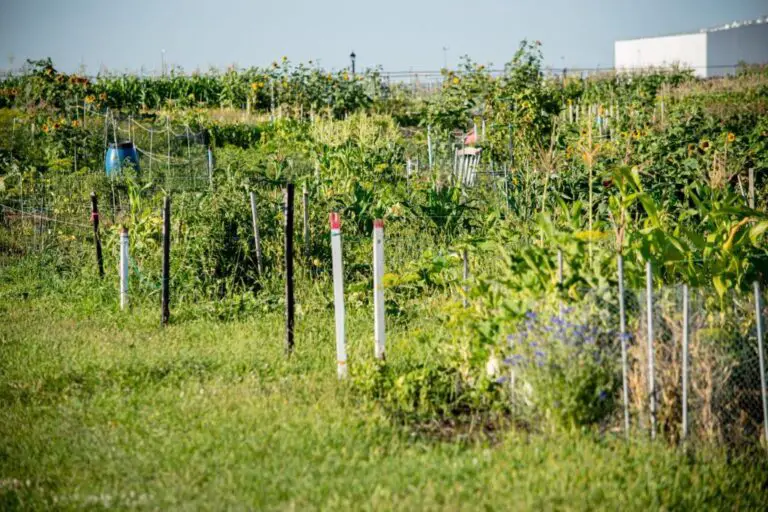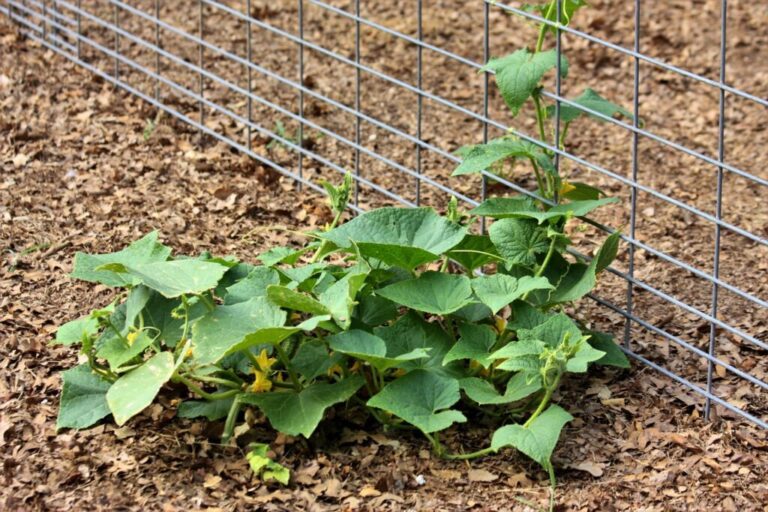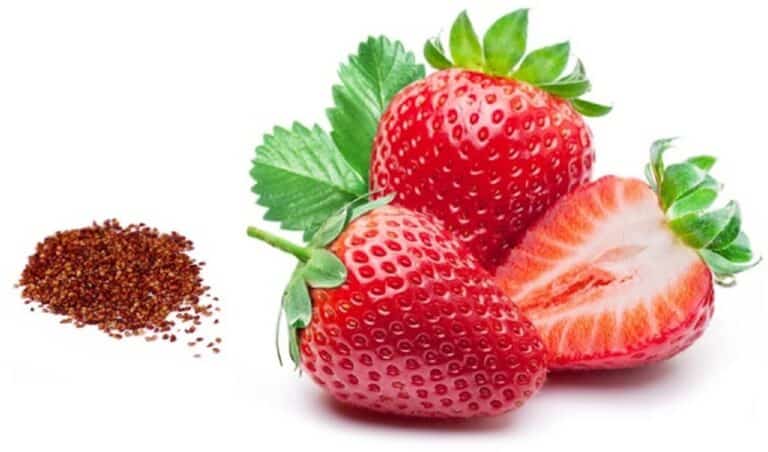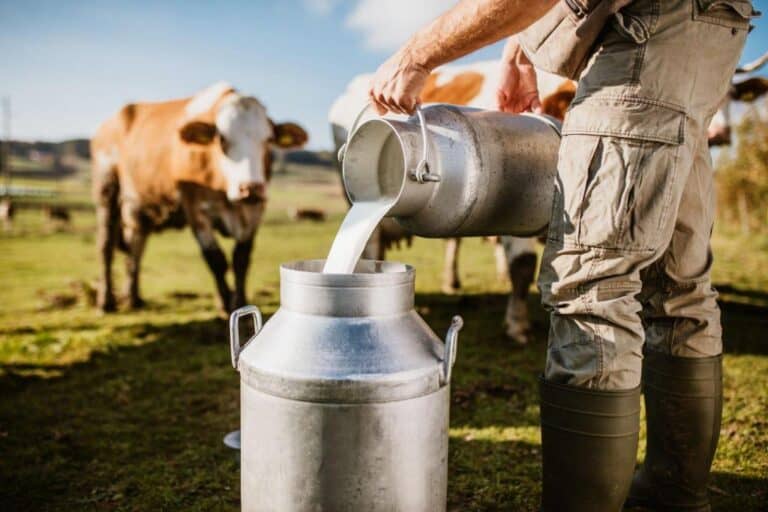Soaking Cucumber Seeds before Planting: Is It Really Necessary?
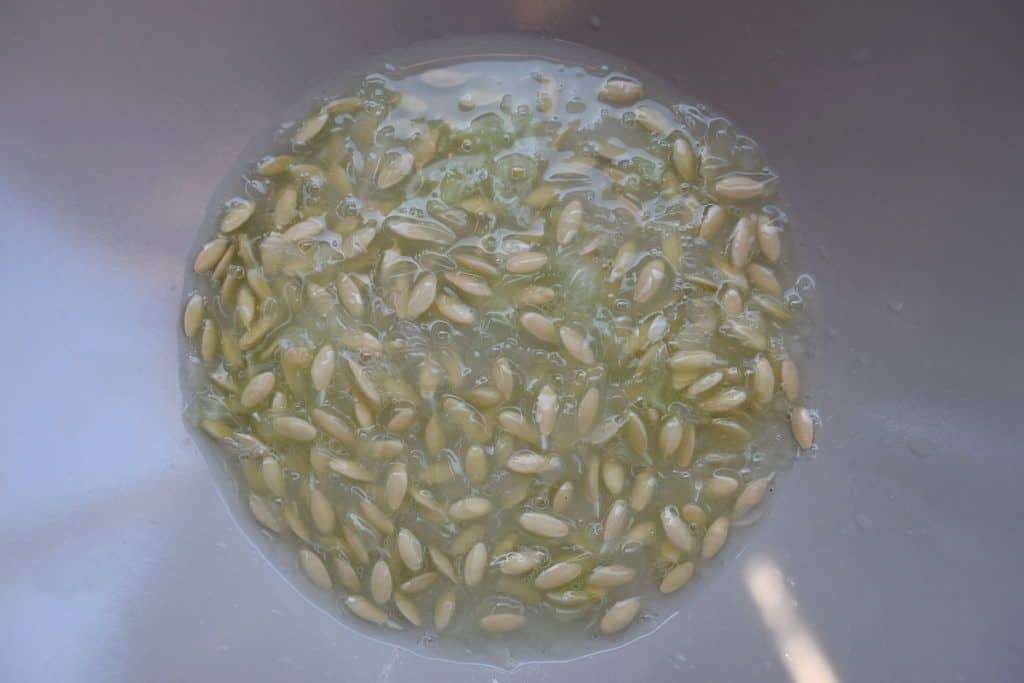
If you’re planning on growing your own cucumbers, you may have heard conflicting advice on whether or not to soak the seeds before planting. Some gardeners swear by this method, while others say it’s unnecessary.
With so many opinions out there, it can be tough to know what to do. Do you really need to soak cucumber seeds before planting, or is it just a waste of time?
Before we answer that question, let’s take a closer look at what soaking cucumber seeds actually entails. The idea is that soaking helps to soften the seed coat, which can promote faster and more even germination.
But is this really necessary? Some people argue that cucumber seeds don’t actually need to be soaked because they are naturally adapted to sprout in the soil without any help. Others believe that soaking can actually be harmful, as it can cause the seeds to become waterlogged and prone to rotting.
So, what’s the truth? In this article, we’ll talk about the pros and cons of soaking cucumber seeds before planting them, as well as some other options to think about. By the end, you’ll have all the information you need to make an informed decision about how to best and where to grow your cucumbers.
Benefits of Soaking Cucumber Seeds before Planting
Soaking cucumber seeds before planting can have several benefits. One of its most significant benefits is that it can speed up the germination process. Soaking the seeds softens the seed coat, making it easier for the seedling to emerge.
This can shorten the time it takes for the seedling to emerge by up to several days, which can be especially beneficial in areas with short growing seasons.
Another benefit of soaking cucumber seeds is that it can improve seedling vigor. Soaking the seeds can help to remove any inhibitors that may be present in the seed coat, which can prevent the seedling from growing strong and healthy. This can lead to healthier plants that produce more abundant yields.
Soaking cucumber seeds can also help to increase the likelihood of germination. If the seed coat is too hard, water and air may not be able to penetrate it, preventing the seed from germinating. Soaking the seeds can soften the seed coat and make it easier for the seed to take in water and oxygen, which increases the chance that it will grow.
Drawbacks of Soaking Cucumber Seeds before Planting
While soaking cucumber seeds can have several benefits, there are also some potential drawbacks to consider. One of the most significant drawbacks is that it can increase the risk of seed rot.
Soaking the seeds can make them more susceptible to fungal and bacterial infections, which can cause the seeds to rot before they have a chance to germinate. This can be especially problematic in areas with high humidity or damp soil conditions.
Another potential drawback of soaking cucumber seeds is that it can make them more vulnerable to pests. Soaking the seeds can remove some of the natural protective coatings that help to repel pests and predators. This can make the seeds more attractive to insects and other pests, increasing the risk of damage to the emerging seedlings.
Finally, soaking cucumber seeds can also be time-consuming. Depending on the method used, soaking the seeds can take several hours or even overnight. This can be a significant inconvenience for gardeners who are short on time or who need to plant their seeds quickly.
How to Soak Cucumber Seeds before Planting
If you decide to soak your cucumber seeds before planting, there are several methods you can use. The most common methods include:
1. Water Soaking
To water-soak your cucumber seeds, simply place the seeds in a bowl or jar of lukewarm water and let them soak for 12–24 hours. After soaking, rinse the seeds thoroughly and plant them as usual.
2. Paper Towel Soaking
To paper towel soak your cucumber seeds, place them on a damp paper towel and fold the towel over the seeds. Place the towel and seeds in a plastic bag or container and let them soak for 12-24 hours. After soaking, plant the seeds as usual, along with the paper towel.
3. Hydrogen Peroxide Soaking
To hydrogen peroxide soak your cucumber seeds, mix one part hydrogen peroxide with four parts water and soak the seeds in the solution for 12-24 hours. After soaking, rinse the seeds thoroughly and plant them as usual.
Should You Rinse Cucumber Seeds after Soaking?
When it comes to soaking cucumber seeds before planting, many gardeners wonder if they should rinse the seeds after soaking. The answer is yes; you should rinse cucumber seeds after soaking to remove any residual water and eliminate absorbed enzyme inhibitors and toxic substances.
Soaking cucumber seeds can be a great way to improve germination rates and promote healthy seedlings, but it’s important to take the necessary steps to ensure that the seeds are clean and free of any harmful substances.
When you soak cucumber seeds, they absorb water along with any toxins or enzyme inhibitors that may be present in the seed coat. These substances can interfere with germination and growth, so it’s important to rinse the seeds thoroughly to remove them.
To rinse cucumber seeds after soaking, simply strain them through a fine-mesh sieve or colander and rinse them with clean water. You may need to repeat this process a few times to ensure that all of the residual water and toxins are removed. Once the seeds are clean, you can plant them as usual or store them in your refrigerator for later use.
Take note that you should avoid soaking them for too long. Over-soaking can increase the risk of seed rot and make the seeds more vulnerable to pests and disease. Most of the time, soaking cucumber seeds for 12–24 hours is enough to help them grow without making them more likely to get sick.
In addition to rinsing cucumber seeds after soaking, you may also want to consider treating them with a fungicide before planting. Fungicides can help protect the seeds from fungal infections and improve their chances of germination. Be sure to follow the instructions on the fungicide carefully and use it sparingly to avoid harming the seeds or the environment.
Alternative Methods to Soften Cucumber Seeds before Planting
Even though most gardeners soak cucumber seeds before planting them, this is not the only way to make sure that your cucumber plants will grow and germinate. There are several alternative methods that you can try to soften cucumber seeds, depending on your preference and available resources.
One alternative method to soaking cucumber seeds before planting is to scarify the seed coat. Scarification is the process of breaking, scratching, or poking holes in the hard shell of a seed to help it sprout faster and more evenly.
To do this, you can gently rub the cucumber seeds with a fine sandpaper or use a small knife or nail to make a small nick in the seed coat. However, be careful not to damage the delicate embryo inside the seed.
Another alternative method is to pre-sprout the cucumber seeds before planting. Pre-sprouting, also known as germinating, involves initiating the growth of the seed before planting it in soil. To do this, you can place the cucumber seeds in a jar with moist paper towels or cotton wool and keep them in a warm, dark place. Once the seeds have sprouted, you can carefully plant them in the soil, being sure to avoid damaging the delicate sprouts.
A third alternative method is to use a seed starting mix or potting soil mix that is specifically formulated for seed germination. Most of the time, these mixes have a mix of peat moss, vermiculite, perlite, and other things that help seedlings grow well. Simply plant the cucumber seeds directly into the mix, water them thoroughly, and keep them in a warm, well-lit location until they germinate.
Conclusion
Cucumbers are a popular and refreshing vegetable to grow cucumbers in home gardens. They are easy to cultivate and produce a bountiful harvest, making them a favorite among both novice and experienced gardeners.
When it comes to planting cucumbers, many gardeners wonder whether they should soak their cucumber seeds before planting them. In this article, we have discussed the benefits and drawbacks of soaking cucumber seeds before planting to help you decide whether it is really necessary.

